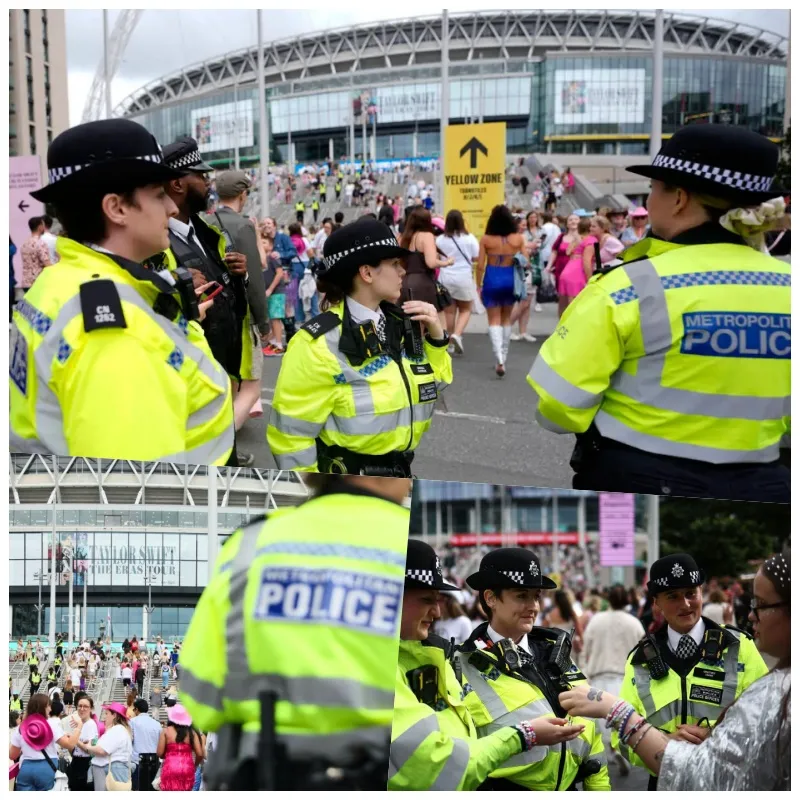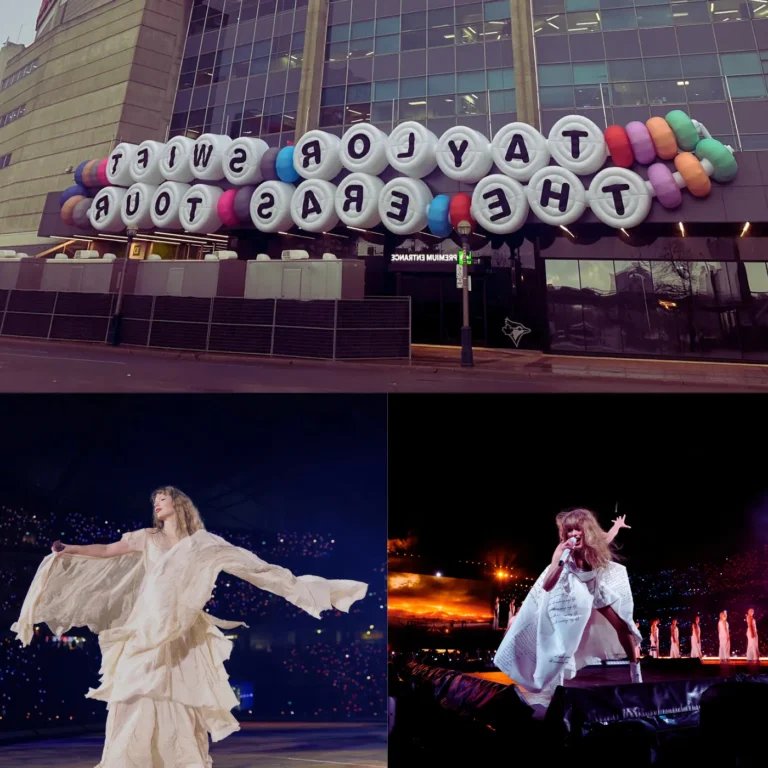
CIA Official Reveals Plot to Target Taylor Swift’s Vienna Concerts Aimed to Kill Thousands

A recently foiled plot to attack Taylor Swift’s concerts in Vienna was intended to kill “tens of thousands” of fans, according to the CIA’s Deputy Director David Cohen. The plot, linked to the Islamic State (ISIS) group, was discovered through intelligence gathered by the CIA, which then alerted Austrian authorities. This timely intervention led to the arrest of multiple suspects and the cancellation of three sold-out shows, a decision that deeply saddened fans who had traveled from around the world to see the pop superstar perform.
The details of the plot were revealed during the annual Intelligence and National Security Summit in Maryland, where Cohen emphasized the severity of the threat. “They were plotting to kill a huge number — tens of thousands of people at this concert, including, I am sure, many Americans — and were quite advanced in this,” Cohen stated. He credited the CIA and its partners in the intelligence community for providing the crucial information that allowed Austrian authorities to act swiftly and prevent the attack.
Austrian officials identified the main suspect as a 19-year-old Austrian man who was reportedly inspired by ISIS. The suspect had allegedly planned to attack fans outside the concert venue, where around 30,000 people were expected to gather, using knives or homemade explosives. Another 65,000 fans were anticipated to be inside the venue. During a raid on the suspect’s home, investigators found chemical substances and technical devices, further corroborating the seriousness of the threat.
The arrests, which took place just days before the concerts were scheduled to begin, prompted the concert organizer Barracuda Music to cancel the shows. The decision, made on August 6, was based on the close proximity of the arrests to the show dates, making it too risky to proceed with the events. In addition to the 19-year-old, two other suspects, aged 17 and 18, were also detained. Due to Austrian privacy laws, their identities have not been disclosed.
Taylor Swift, who had been silent on the matter until after her London shows, finally addressed the situation in a heartfelt Instagram post. She described the cancellation of the Vienna shows as “devastating” and expressed a profound sense of fear and guilt over the threat that had been posed to her fans. “The reason for the cancellations filled me with a new sense of fear, and a tremendous amount of guilt because so many people had planned on coming to those shows,” she wrote. She went on to thank the authorities, acknowledging that their swift action had prevented a much greater tragedy: “Thanks to them, we were grieving concerts and not lives.”
The plot in Vienna has drawn comparisons to the 2017 Manchester Arena bombing, where a suicide bomber targeted an Ariana Grande concert, killing 22 people as fans were leaving the venue. The Vienna plot’s chilling similarity to this past attack has heightened concerns about the safety of large public events, particularly those involving high-profile artists like Swift.

CIA Deputy Director Cohen praised the agency’s success in thwarting the Vienna attack, noting that such counterterrorism efforts often go unrecognized. He reflected on the sense of accomplishment within the CIA following the disruption of the plot, saying, “I can tell you within my agency, and I’m sure in others, there were people who thought that was a really good day for Langley. And not just the Swifties in my workforce.”
The threat has highlighted the ongoing risks associated with public gatherings and the importance of vigilant counterterrorism efforts. For Swift, the ordeal has been a stark reminder of the dangers that can accompany global fame, but also of the critical role that security and intelligence agencies play in protecting the lives of fans and the public at large.
As of now, Swift’s record-breaking Eras Tour is on a temporary hiatus until the fall. However, the shadow of the Vienna plot will likely linger, serving as a sobering reminder of the potential dangers that high-profile events can attract. The quick and effective response by the CIA and Austrian authorities not only saved countless lives but also underscored the importance of international cooperation in the ongoing fight against terrorism.



